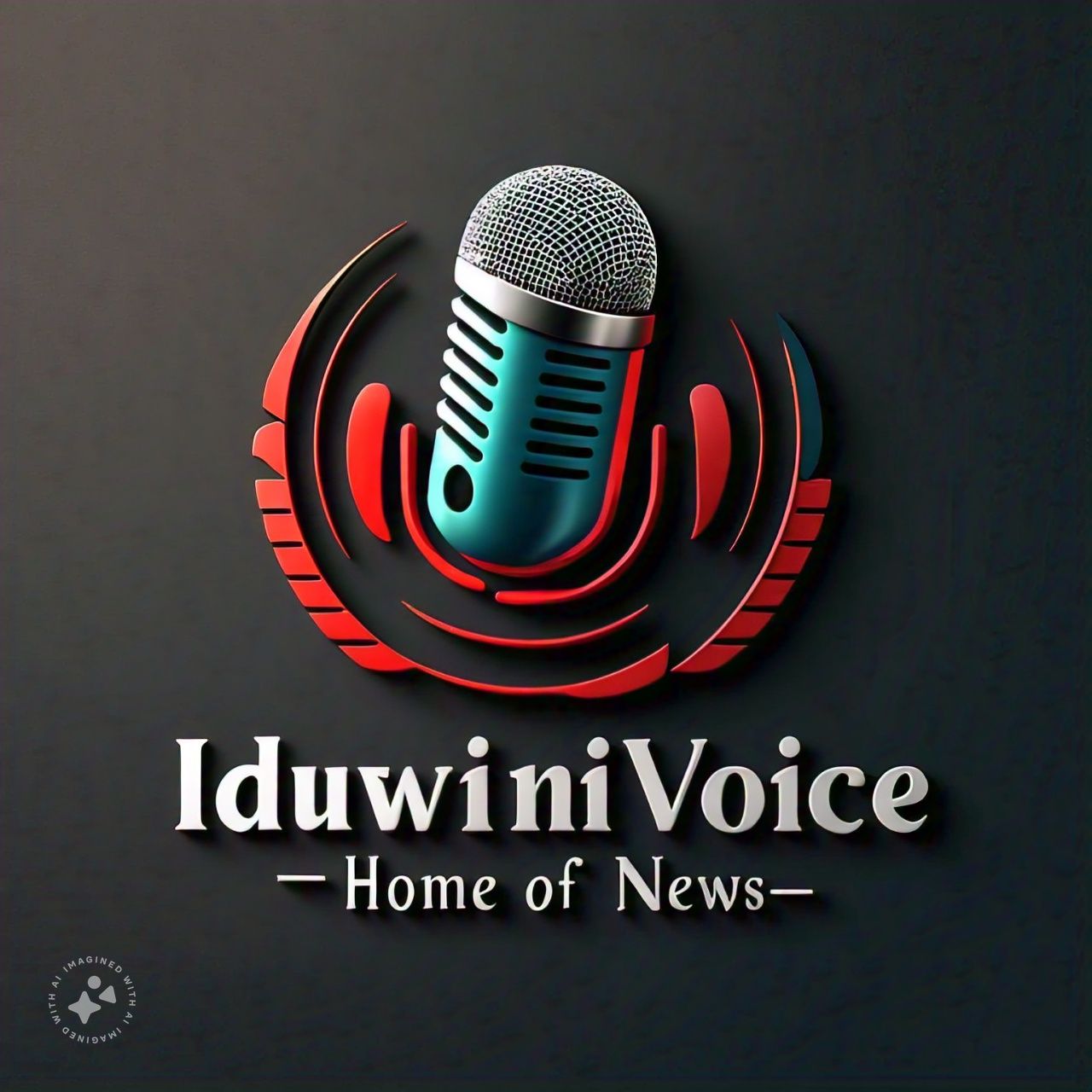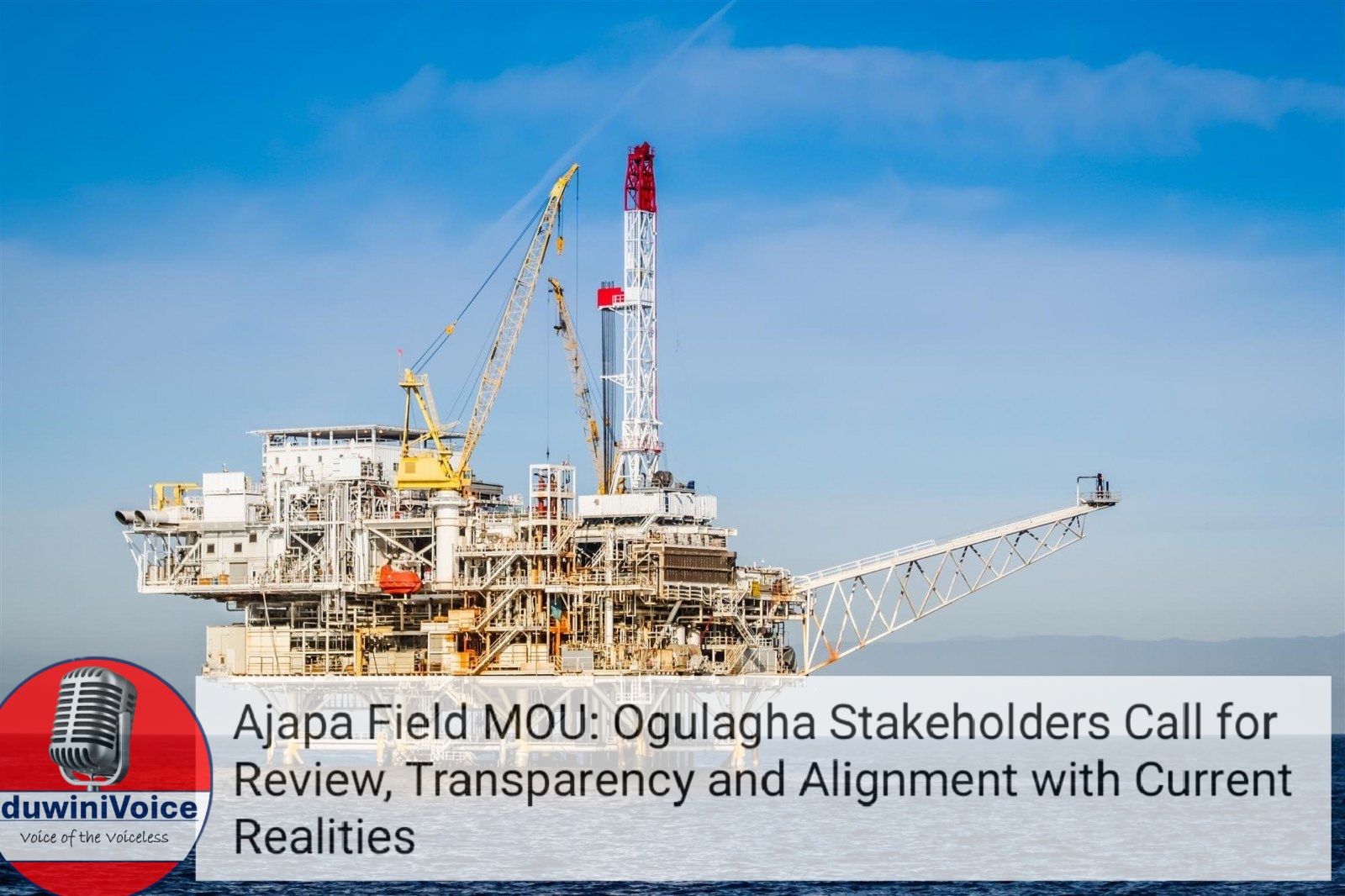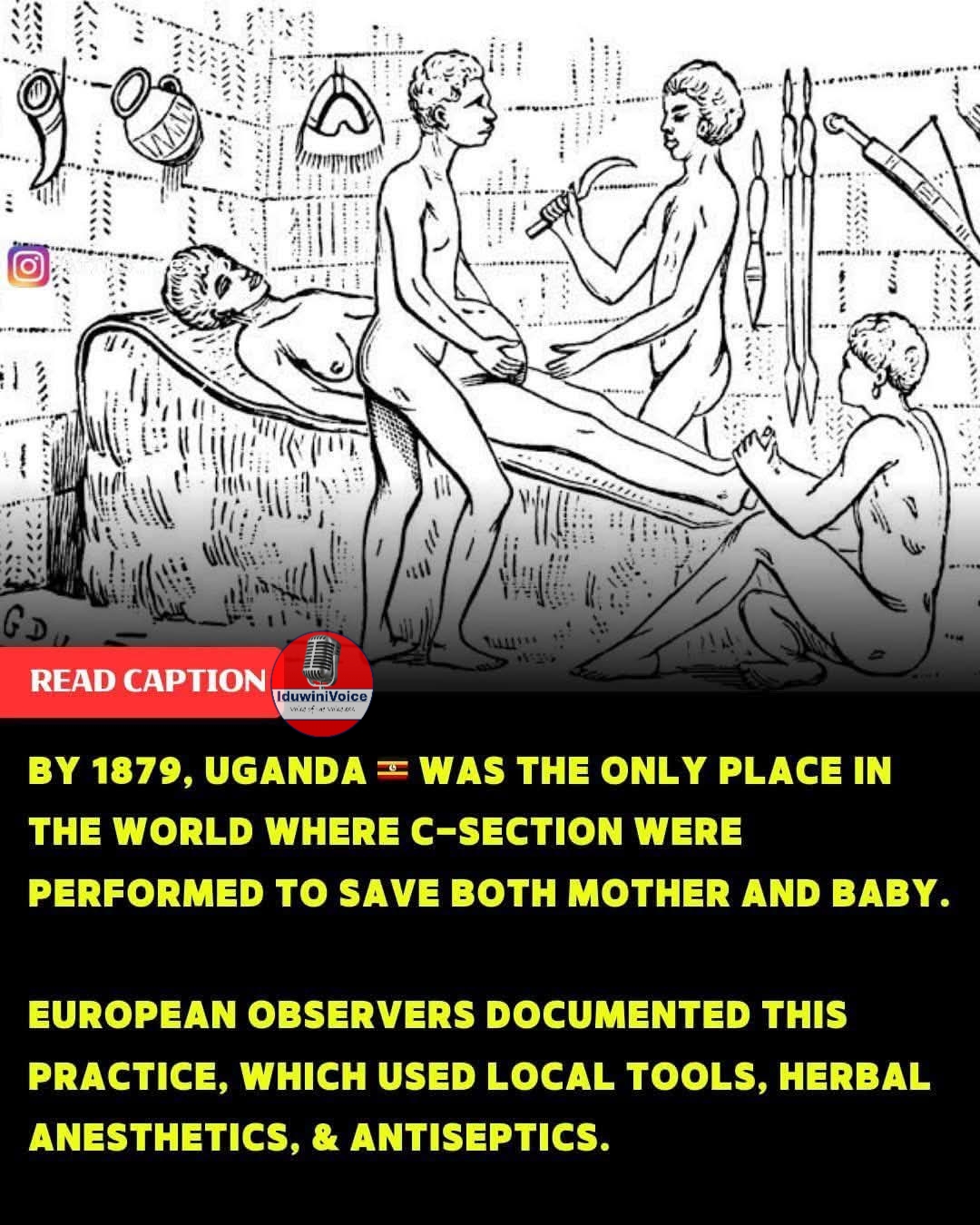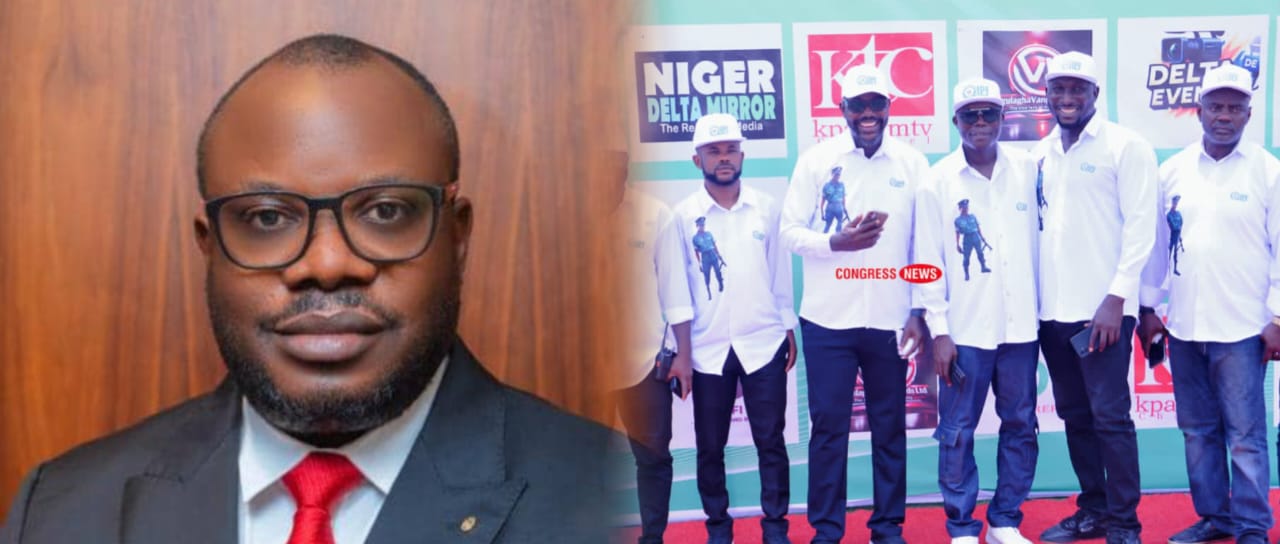News
CONSTITUTION REVIEW: Senators divided over proposed return to regional govt Senate

CONSTITUTION REVIEW: Senators divided over proposed return to regional govt
Senate
KANO- AS the National Assembly begins another process of review of the 1999 Constitution, Senators have been divided sharply over renewed calls for a return to the regional system of government.
Recall that there have been calls in some parts of the country that since regionalism had been tested and discovered to be a system of government that can tackle the challenges of a heterogeneous nation like Nigeria, it should be reintroduced to solve the country’s numerous challenges.
Speaking separately on Saturday to Journalists as the Senate Adhoc Committee on Constitution Review ended its two-day retreat in Kano, some Senators spoke in favour of regionalism as a panacea to the problems in the country while others vehemently kicked against it.
While the Senate leader, Senator Opeyemi Bamidele, APC, Ekiti Central; Senator Abdul Ningi, PDP, Bauchi Central, and and Senator Muntari Dandutse, APC, Katsina South kicked against return to Regionalism, Senator Abdulfatai Buhari, APC, Oyo North was fully in support.
The Senators spoke at the event, jointly organised by the Senate Committee on Constitution Review in collaboration with the Policy and Legal Advocacy Centre (PLAC).
Speaking on the issue, the Senate leader cautioned that no legislative action should be encouraged on the issue of regionalism so that it does not become an exercise in futility, just as he said that if it must come up, the political stakeholders, the civil society, as well as other stakeholders in the country, would have to debate on it and come to a conclusion.
According to him, going back to regional form of governance is something that will go beyond a bill being sponsored, either as a parliament member bill or as an executive bill adding that it is also not something that you sit down in a public hearing room and organize a public hearing to take a decision on.
He said that the question of whether or not to go back to Regionalism for now, can only remain within what he termed, “the realm of debate”.
Senator Bamidele said, “There are some decisions in the state of which an executive bill cannot come to the parliament unless there are some political consensus. For me, going back to regional form of governance is something that will go beyond a bill being sponsored, either as a parliament member bill or as an executive bill. It’s also not something that you sit down in a public hearing room and organize a public hearing to take a decision on.
“An example is when people tell us, oh, you know, you are in parliament. As a parliament, you cannot discard the entire constitution. Nigeria needs a new constitution.
This constitution cannot work. It’s easy for people to make such arguments, but that is not something we can sit down in parliament and do. So we are changing the constitution because that would require a political consensus, and that would also require the binding of the Nigerian people themselves.
Sanction owners of unvaccinated dogs, Veterinary Council urges govt
Oil spills, pollution in N-Delta must end, SDN vows to fight on
” I mean, why is it so difficult to amend even one section of the constitution, not even talk of discarding the entire constitution? So, to amend a single provision in the constitution today, the National Assembly, all chambers, will have to go through this entire process we are going through, which we go through in every legislative assembly, and many of you have been a part of this process. And after all these things that we have to do in the National Assembly, we still have to go to the public to organize a public hearing. We just decided now that we are going to be organizing a public hearing on geopolitical, zonal levels, you know? And apart from that, what we are also doing with all of these public hearings at the zonal level, we come back here to vote.
“And after voting, we still have to go through, I mean, all the 36 chambers of the Assembly, and we need at least two-thirds of them to endorse. The reason our forefathers and the writers of our constitution, you know, did all of that, is to make it difficult, not difficult, not easy, for a few people to just sit down, or people in one section of the country, you know, to just sit down and change the constitution. So if we are to go through all of that, you know, to change one provision of our constitution, how much more? You know, if we are talking about changing, I mean, the type of governance that we are going to have.
“Some decisions were taken, you know, under the military regime, because there was no democratic process in place. And when you are in a democracy, especially a democracy that remains so nascent, you know, almost 64 years after independence, you see that the need for political consensus cannot be overemphasized. So, for me, the question of whether or not to go back to Regionalism for now, can only remain within the realm of debate, you know, and no legislative action should be encouraged in that regard so that it doesn’t become an exercise in futility.
But, you know, the political stakeholders, the civil society, as well as other stakeholders, in the country, would have to still debate this and come to a conclusion.
Also kicking against regionalism, Senator Ningi said, “I have heard so much about regional government or federalism and I have heard people going about, canvassing for such ideas. For a start, no matter how you see it, the current document is still the grundnorm of the Nigerian Constitution (sic). It has also stipulated how it is going to be amended. Having said that, it is also imperative to know that it isn’t just enough for anybody to come and say he is representative of one ethnic group or another.
“The question that arises is, when was this mandate canvassed? When was it received? You are a representative of a particular ethnic group in Nigeria, at what time were you given the mandate to canvass that? The only people that are given this mandate, to look at the Constitution and amend it are, of course, members of the National Assembly. Therefore, it is important for those who go about selling these ideas, false ideas in my opinion, that they are representatives of the people to let Nigerians know where they are coming from and in whose mandate and when was this mandate given to them.
“”As for the regional government, we have seen how the regional government was operated in the past. My part of the constituency that I am representing didn’t enjoy the development of that so-called regional government that was based in Kaduna. We aren’t going back there again! I am speaking for my senatorial district. It is either the Nigerian Federation or nothing. We can go along, my senatorial district will be satisfied independently with Nigeria, if that is what is required.
“As far as regional government, my constituency, my people aren’t for it. What we need is the reform of the Federal government, fiscal federalism and there is nothing like true federalism.
“I have visited India, Argentina, Singapore, and the United States, all in trying to understand federalism. Federalism is done according to the history of each particular country. But what is important about our federalism is serious reforms but the bottom line is not what you see on paper that is important. It is the practitioners and the implementers, otherwise, the Constitution has been able to sustain us over 25 years. That means that there is something germane and important about it. What it needs is that at every given time you look at it in particular, the devolution of power is so much more important, from the State to the local government level. There is no clear distinction of power between the state and the local government but there is distinctive separation of power between the Federation and the sub-nationals.”
Also kicking against regionalism, Senator Dandutse said, “As responsible elites and citizens, we must collaborate to ensure the nation’s well-being. Narrow thinking will not get us anywhere. Every region in this country is blessed, and what we need is good governance, responsible leadership, and fair access to resources. Nigeria has immense potential, and unless we are serious and determined, we won’t move forward.
“This is our moment to advance. We’ve seen how many countries have failed due to limited thinking and negative attitudes, especially in Africa and other developing regions. If you look at countries like Japan, they have developed without significant natural resources, relying instead on intellectual capacity. Germany too, despite lacking the resources Nigeria possesses, has progressed.”
Supporting the return to regionalism, Senator Buhari said, “Recall that the regions were able to harness their resources in the First Republic. We were able to harness all our resources. There was no dominance of a particular resource(s). In those years, the North was known for the pyramid of groundnuts, and the south west was known for cocoa, we should be able to do that and then when you make the centre less attractive you cut off corruption– you can’t wipe it off, but you can cut it off, because there is what is called, watch your team. People will watch their team within their locality or their region.”
Recall that Nigeria practised a more regional form of government between 1954 and 1966, in the Western, Eastern, and Northern regions. The Mid-Western region was later carved out of the Western region in 1963.
The model lasted until 1966, but when rebellious soldiers killed national political figures based mostly on tribal and regional affiliations. After this, Nigeria’s first military Head of State, General Aguiyi Ironsi, promulgated the “unification decree” to eliminate tribal and regional loyalties, the interests perceived to be encouraged by regionalism.
This led to the Biafra War – when the southern part of Nigeria dominated by the Igbo people declared independence. A violent conflict from 1967–1970 led to millions of deaths before the separatist movement was suppressed.
Culled from Vanguard News
News
Ajapa Field MOU: Ogulagha Stakeholders Call for Review, Transparency and Alignment with Current Realities

By Charity Ebi
OGULAGHA, DELTA STATE — Nearly two decades after a Memorandum of Understanding (MOU) was signed between Britannia-U Nigeria Limited and Ogulagha Kingdom in Burutu Local Government Area, stakeholders in the oil-bearing community are calling for a comprehensive review of the agreement to reflect present-day economic and industry realities.
The 2007 MOU, tied to operations at the Ajapa Marginal Field, was introduced as a framework for peace, development and mutual benefit. However, community representatives say that while the agreement may have appeared workable at inception, its fixed financial structure has been overtaken by inflation, rising oil revenues and evolving governance standards within Nigeria’s petroleum sector.
Addressing journalists on behalf of stakeholders, Mr. Jude Iyelagha stressed that the concerns being raised should not be misconstrued as an attack on the integrity of Ogulagha’s traditional or political leadership.
“This is not an attempt to indict or insult the credibility of our revered leaders,” Iyelagha clarified. “Rather, it is an encouragement for leaders to revisit the well-documented terms, review them in line with current realities, and ensure they are fully implemented for the benefit of our people.”
Modest Provisions, Expanding Industry
Under the MOU, provisions reportedly included annual allocations for community drugs, scholarships for secondary and tertiary students, training slots at the Petroleum Training Institute (PTI), allowances for trainees, incentives for science teachers and sitting allowances for kingdom committee meetings.
While these figures may have been considered reasonable in 2007, stakeholders argue that their real value has significantly diminished over time due to inflation. Crucially, the sums were fixed and not indexed to oil prices, production output or inflationary trends.
Using conservative production estimates common to marginal fields in the Niger Delta, observers note that annual gross revenues from such operations could run into tens of billions of naira. When juxtaposed with community allocations that reportedly totalled only a few million naira annually at inception, the proportional disparity becomes a central point of concern.
For residents, the issue is less about confrontation and more about fairness.
Development Expectations in a Resource-Rich Area
Ogulagha Kingdom remains one of the oil-producing hubs in Delta State. Yet stakeholders point to ongoing challenges including limited healthcare facilities, youth unemployment, fragile road networks, environmental vulnerability and constrained access to higher education funding.
Community leaders argue that development in oil-bearing areas should translate into tangible infrastructure such as modern health centres, shoreline protection projects, potable water systems, vocational training hubs and structured employment pipelines.
“The frustration is not hostility towards investment,” a stakeholder noted. “It is about proportionality and visible impact.”
Shareholding Claims and Transparency Concerns
Beyond the MOU, a more complex issue has emerged. Leaders within the kingdom assert that Ogulagha may not only be a host community but also a registered shareholder in the Ajapa Marginal Field structure, allegedly documented with the Corporate Affairs Commission.
If such shareholding exists, corporate law provides for certain rights, including access to audited financial statements, notice of Annual General Meetings and entitlement to dividends where declared.
Stakeholders claim that consistent access to production data, audited accounts and dividend clarity has not been fully established, raising questions about governance participation.
Again, Iyelagha emphasised that the intention is not to cast aspersions.
“We believe in dialogue and institutional engagement. What we are asking for is clarity, transparency and alignment with statutory expectations where applicable,” he said.
Petroleum Industry Act and Changing Standards
Analysts observe that the Petroleum Industry Act (PIA) has introduced more structured host community frameworks and governance mechanisms. Agreements executed before the reform era, they argue, may require review to align with contemporary standards of transparency and proportionality.
Stakeholders maintain that revisiting the 2007 framework would not only protect the long-term interests of the kingdom but also strengthen investor-community relations.
Company Response Awaited
Efforts to obtain official comments from Britannia-U Nigeria Limited were unsuccessful at the time of filing this report. The company’s response, when received, will be reflected in subsequent updates.
For now, the central appeal from Ogulagha stakeholders is measured and deliberate: a call for leaders to examine documented agreements, align them with present realities, and ensure that promises made translate into visible, sustainable benefits for the kingdom.
As one community voice put it, “Oil is finite, but our people and our future must endure.”
News
How Ugandan Healers Performed Successful Cesarean Sections in 19th Century – Archived Records

By Favour Bibaikefie
Historical medical records have revealed that indigenous surgeons in the Buganda Kingdom of present-day Uganda were successfully carrying out cesarean sections as early as 1879 — a period when the procedure was still considered highly risky in many parts of Europe.
The account was documented by British medical practitioner and explorer Robert William Felkin, who witnessed and later published details of the operation in the Edinburgh Medical Journal in 1884 under the title “Notes on Labour in Central Africa.”
According to Felkin’s observations, the procedure involved the use of banana wine as a cleansing agent, herbal preparations to manage pain, and cauterization with heated metal to control bleeding. Both mother and child reportedly survived the surgery — an outcome that drew significant attention from European medical circles at the time.
Felkin described the process as orderly and deliberate, noting that the practitioners demonstrated familiarity with anatomy, sterilization methods available to them, and post-operative care. The documentation challenged prevailing 19th-century assumptions that advanced surgical knowledge was absent in African societies before colonial contact.
Medical historians note that cesarean sections in Europe during the mid-1800s were often fatal due to infection and limited antiseptic knowledge. Antiseptic surgical techniques only became widely accepted in Europe toward the late 19th century following developments associated with figures such as Joseph Lister.
Scholars argue that the Buganda example illustrates a broader pattern of indigenous scientific knowledge that predated colonial rule. In his work, historian highlighted the complexity of African societies prior to European intervention, disputing narratives that framed the continent as lacking innovation or structured knowledge systems.
Experts say the 1879 account underscores the need for a more balanced historical perspective — one that acknowledges Africa’s contributions to medicine, technology, and empirical science long before formal Western medical institutions expanded into the continent.
The rediscovery and renewed discussion of such records continue to prompt debates about how global scientific history is written — and whose knowledge systems are recognized.
Source: African Echo
News
Otuaro Congratulates New IPF Leadership, Urges Confidence and Stronger Advocacy for Ijaw Nation

By Favour Bibaikefie
The Administrator of the Presidential Amnesty Programme (PAP), Chief (Dr.) Dennis Brutu Otuaro, has congratulated the newly inaugurated leadership of the Ijaw Publishers’ Forum (IPF), led by Senior Comrade Austin Ozobo, urging them to remain confident and focused as they steer the affairs of the organisation.
Speaking through Mr. Prebor Presley, Coordinator of the PAP Delta/Edo State Office, Otuaro commended the IPF for consistently projecting the Ijaw and Niger Delta narrative from a rights-based standpoint. He stressed that strengthening indigenous media platforms such as the IPF should be a collective responsibility, given the body’s strategic relevance to the Ijaw nation, the Niger Delta, and Nigeria as a whole.
According to him, the emergence of the new executive comes at a crucial period when the region requires vibrant voices to intensify advocacy for the rights and interests of its people. He encouraged the leadership to consolidate on the achievements of their predecessors and remain steadfast in pursuing the forum’s mandate.
In his acceptance speech, IPF President, Comrade Austin Ozobo, unveiled an ambitious two-year agenda, including plans to establish a permanent secretariat, set up a printing press, and launch indigenous Ijaw radio and television stations. He called on Ijaw sons and daughters to rally behind the organisation in its quest for peace, unity, and development across the Niger Delta.
Highlighting the forum’s advocacy role, Ozobo declared: “Let every headline, every broadcast, every book, every post send one clear message: The Ijaw people will no longer be spectators in their own land.”
In a goodwill message, Princewill Binebai, spokesperson of the Ijaw Youth Council (IYC) Worldwide, congratulated the new executive while cautioning against internal discord. He warned that the Ijaw people must recognise external challenges and avoid becoming divided among themselves.
Also speaking, frontline Ijaw politician, , traced the roots of journalism in Nigeria to the Ijaw ethnic nationality. He expressed disappointment over the absence of some Ijaw political figures at the event, noting that he had hoped it would be more “ceremonious,” with Ijaws asserting their presence as the true owners of Warri.
Reaffirming his commitment, Ozobo pledged to uphold the values of “our great organization and work tirelessly to promote the interests of our organization, the Ijaw Nation and the Niger Delta at large.”
He further stated: “The IPF will continue to advocate for the rights and interests of the Ijaw people, and will continue to promote accurate reporting and storytelling about the over 50 million Ijaw people that are balkanized and marginalized in Nigeria. The Ijaw people have a rich cultural heritage, and it is our responsibility to preserve and promote it.
“We will work with stakeholders to promote peace, unity, and development in the Niger Delta region. We will also provide a platform for Ijaw journalists and publishers to advance and grow in the media profession.”
Calling for unity among leaders, the IPF President appealed: “Ijaw leaders to prioritize Ijaw Nation’s development; we should know where we are coming from. This is not the time for divisive governance, but rather a time for inclusive governance.
“Let us wake up from our slumber and stop doing things that will further divide us or underdevelop the Ijaw Nation.”
He concluded by appreciating stakeholders who have supported the forum and urged collective commitment moving forward. “All well-meaning Ijaw sons and daughters to join and support the organization (IPF) in this journey. Let us work together to build a stronger, more united Ijaw Nation where love, justice and peace will reign.”
